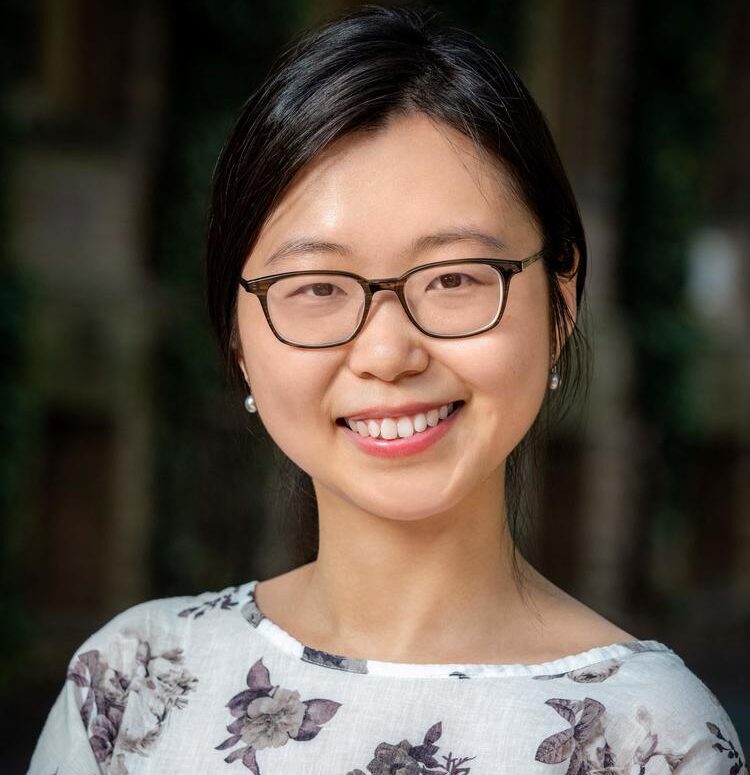Xiaoyu Xia (Ch. 夏小雨) is a scholar of modern Chinese literature. Xia draws on methods from book history and media studies to examine the interactions among visual, material, textual, and intellectual cultures. Foregrounding the heterogeneity of Chinese modernity, her work probes literature’s evolving expressive and interpretive capacities through the cultural and media transformations of China’s long twentieth century.
Her current book project, “Revolution Between the Lines: Typography and Chinese Literary Modernity (1895-1937),” concerns a period that saw China’s conversion to mechanized printing under the influence of Japan and the West. These processes forever changed the look, and the meaning, of Chinese books. In uncovering the eclectic and ever-shifting typographic landscape of early twentieth-century China, Xia expands conventional text-centered conceptions of modern Chinese literature to demonstrate the literary potential of typography. The goal of the book is to offer a new method for reading an expanded corpus of modern Chinese literature, encompassing not only canonical authors such as Liang Qichao and Lu Xun, but also minor and marginalized writers, commentators, graphic artists, and print workers.
Xia was a Cotsen Postdoctoral Fellow in the Princeton Society of Fellows from 2023-2025. She has also been an active member of the Society of Fellows in Critical Bibliography (SoFCB) at the Rare Book School since 2021.
Read her full biography on the Department of East Asian Studies website.
















